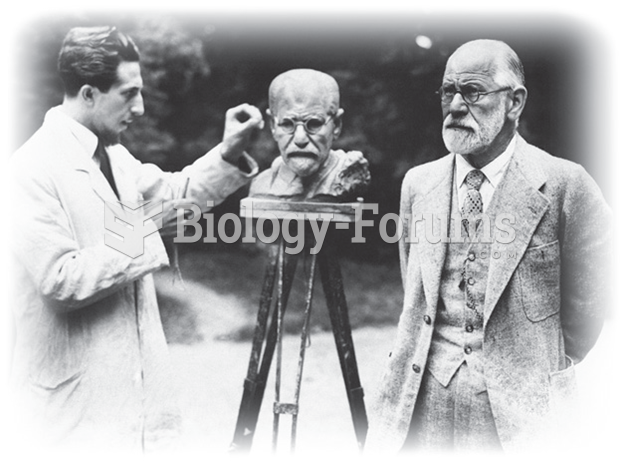Answer to Question 1
ANS: Anxiety serves as a warning to the person that something is amiss within the personality. Anxiety induces tension in the organism and thus becomes a drive that the individual is motivated to satisfy. The tension must be reduced. Anxiety alerts the individual that the ego is being threatened and that unless action is taken, the ego might be overthrown.
How can the ego protect or defend itself? There are a number of options: running away from the threatening situation, inhibiting the impulsive need that is the source of the danger, or obeying the dictates of the conscience. If none of these rational techniques works, the person may resort to defense mechanismsthe nonrational strategies designed to defend the ego.
Answer to Question 2
ANS: Students' answers will vary.
The id is the reservoir for the instincts and libido. Because the id is the reservoir of the instincts, it is vitally and directly related to the satisfaction of bodily needs. Reason or rationality is contained in Freud's second structure of personality, the ego, which is the rational master of the personality. Its purpose is not to thwart the impulses of the id but to help the id obtain the tension reduction it craves. Because the ego is aware of reality, however, it decides when and how the id instincts can best be satisfied. There is also a third set of forcesa powerful and largely unconscious set of dictates or beliefsthat we acquire in childhood: our ideas of right and wrong. Freud called it the superego.
For example, Jane would like to go dancing with two of her male friends (involves the id). However, she knows that using two boys for one date would create conflict (involves the ego); and she knows this might be socially wrong to do (involves the superego).







